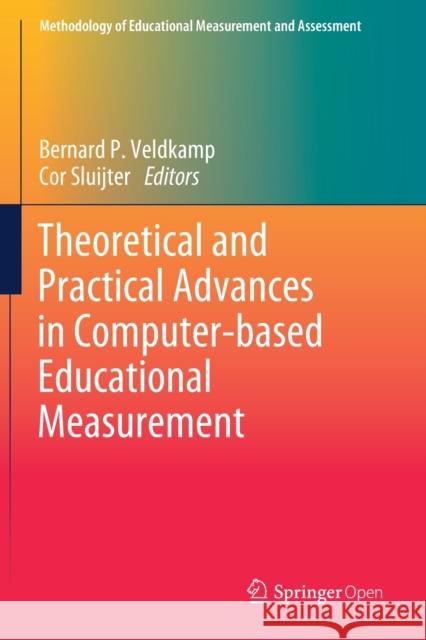Theoretical and Practical Advances in Computer-Based Educational Measurement » książka
topmenu
Theoretical and Practical Advances in Computer-Based Educational Measurement
ISBN-13: 9783030184827 / Angielski / Miękka / 2020 / 399 str.
Theoretical and Practical Advances in Computer-Based Educational Measurement
ISBN-13: 9783030184827 / Angielski / Miękka / 2020 / 399 str.
cena 201,24
(netto: 191,66 VAT: 5%)
Najniższa cena z 30 dni: 192,74
(netto: 191,66 VAT: 5%)
Najniższa cena z 30 dni: 192,74
Termin realizacji zamówienia:
ok. 22 dni roboczych.
ok. 22 dni roboczych.
Darmowa dostawa!
Kategorie:
Kategorie BISAC:
Wydawca:
Springer
Seria wydawnicza:
Język:
Angielski
ISBN-13:
9783030184827
Rok wydania:
2020
Wydanie:
2019
Numer serii:
000797375
Ilość stron:
399
Waga:
0.57 kg
Wymiary:
23.39 x 15.6 x 2.13
Oprawa:
Miękka
Wolumenów:
01
Dodatkowe informacje:
Wydanie ilustrowane











